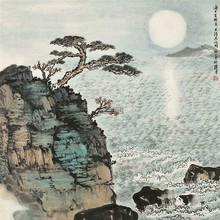Thanks again , went and read some of the articles and printed out some of the more interesting ones.
“A class of her own” didn’t watch that one as preferred the Korean version, and don’t watch copycats! LOL! Also the sub are in yellow , not so good for 4 eyes like me! Will now go and watch epi 4 to check out your tip.
Thanks again , went and read some of the articles and printed out some of the more interesting ones.
“A class of her own” didn’t watch that one as preferred the Korean version, and don’t watch copycats! LOL! Also the sub are in yellow , not so good for 4 eyes like me! Will now go and watch epi 4 to check out your tip.
Happy you had use for some of that stuff,
Btw, as I stated, I was only watching some episodes, not sure I'll go along the whole ride, because I am watching already too many other dramas lol, so this was not intended as a general recommendation to immerse yourself in that drama. Just found it amusing that along the way, I found a genuine acupuncture related bit.
Usually, in costume dramas, TCM is only inspiring the use of magical hemostatic powder to stop protagonists from bleeding out. (And I'd love to get the recipe of that powder, if it exists, because I do have some trouble now and then with nosebleeds, hahaha)
As for remakes, I certainly don't mind them. This is something which exists since the dawn of literature and movies,
It's like those who like tea and those who like coffee: they can drink either, but will usually lean towards one brew... Or wine and beer, or Chinese báijiǔ ;-) All in moderation as Master Rèn says in our drama.
Btw here's a small video about Wǔliángyè : https://www.wuliangye.be/ ("Five grain alcohol")Modern and traditional at once, interesting 4 minutes introduction to the Chinese drinking spirit traditional culture !
 | 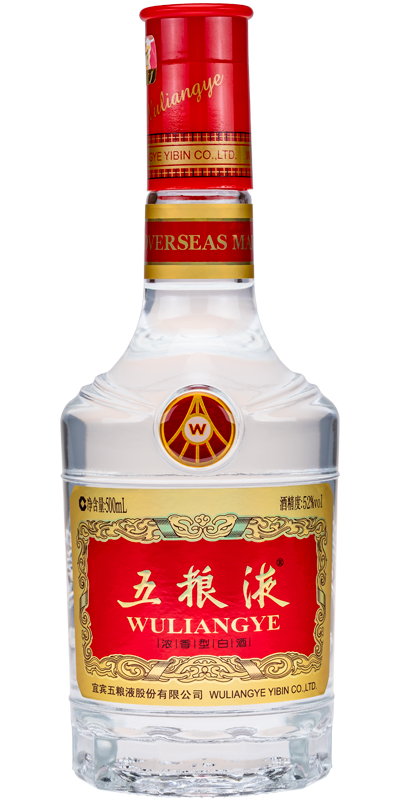 | 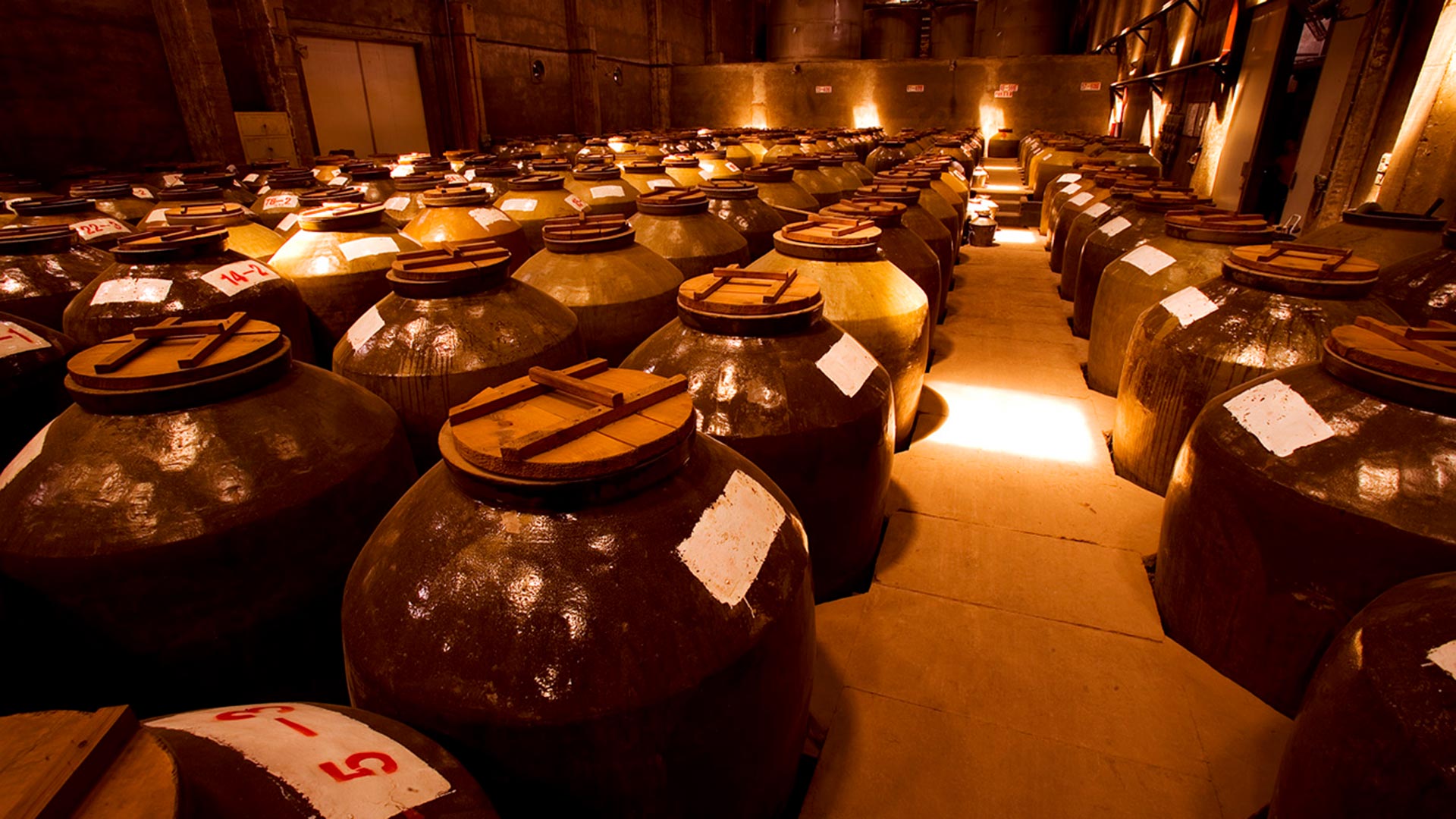 |
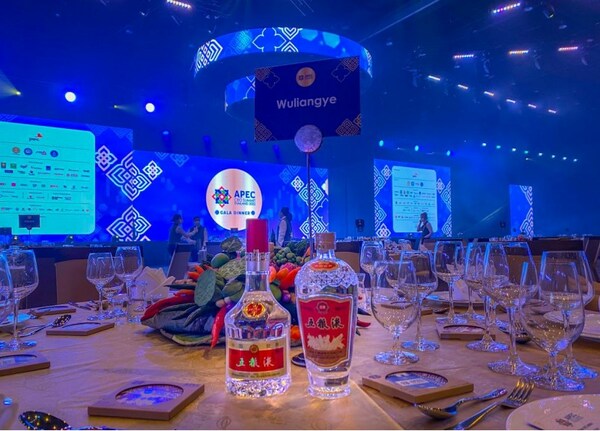
Wǔliángyè made a sparkling appearance at the dinner banquet of Asia-Pacific Economic Cooperation (APEC) CEO Summit 2022 held in Bangkok, Thailand .
Posted twice as it showed “network busy, no internet”?? So had to restart and post again!lol I usually watched my dramas on Dramanice and Kissasian as Viki is not available in my country and iQiyi app. etc, after a few episodes have to pay. BTW I watched thru. pc not cell phone.
My friend once helped another friend with nosebleed using Feng Fu point/GV 16 ice therapy. Hold the breath, pinched the nose, tilted back the head and placed ice on GV 16, stopped in a few minutes. Later I did some researched and found this article https://www.stylecraze.com/articles/put-an-ice-cube-on-the-feng-fu-point-and-see-what-happens/.
Thanks for the info! I did learn some calming acupressure points at one time (in hand and on fingers) this one does not look complicated either.
I am also convinced about the benefits of ice cubes and cryotherapy. Ice pouches are a good way to bring down excessive heat and calm a feverish child : I used it once instead of cold bath which also has its benefits. Ice can be useful but should not be applied directly (and not on open wounds) on bruised areas, and no more than roughly 20 mins before an equal length rest period. I also use ice cubes in skincare to enhance the effect of oils and creams.
Nosebleeds. Actually, it's been a long time since I found the correct maneuver which was taught to me in First aid classes : Applying pressure to a wound helps stop bleeding because it pushes the walls of the vessel together to slow the flow of blood. For nosebleeds, start by asking person to blow his/her nose while slightly bowing head (not tilting it backward), and to use clean water to clear away blood and phlegm if any. Pinch or rather press thumb firmly on the side of the nose that is bleeding (often, it's not both nostrils that bleed) and ask the sufferer to breathe using mouth and to spit out blood if any. 5-15 minutes pressure is usually enough to stop the nosebleed completely. It can easily be done by self.
Never tilt the head back!! That's really a mistake, because it can cause the blood to run into the throat and get the person to choke on it while swallowing blood that continues to flow out.
But as useful as it can be for some who like to read and be informed about self help and alternative remedies, this takes us away from topic, which was a general discussion of Chinese traditions... Btw, remember that it always is possible to edit or delete a comment that does not really belong.
I took away the pictures of meridians and acupuncts in case they were going against copyrights. Links are fine, I suppose, and quotes that remain not too extensive.
But I wasn't planning to turn the discussion into a technical one, so may delete my previous answer about nosebleeds and wounds treatment through pressure (which everybody ought to already know: it is not secret, "alternative", nor restricted medical knowledge and it is usually taught in schools at some point, so probably can be skipped by most).
There are other things and references in the drama that might be of Chinese traditions interest. Starting from episode 1, the mention of Mǎ Liánɡ?...
3. CHINESE LEGENDARY FIGURESChinese language is often studded with references to real and imaginary beings, heroes etc. Reading a book of "chéngyǔ" (set phrases that refer to Chinese literary and historical culture) helps discover the tip of the iceberg of the way Chinese culture has bearing on daily expression. But one should not look down either on the treasure of folk tales and mythology. Sometimes it looks akin to Western ones, like in the story of Yè Xiàn 叶限 (cousin or model for Cinderella, and first appearing in a book of folk tales by Duàn Chéngshì in 860 AD).
You can listen to the story of Yè Xiàn told on this 26' video : https://www.youtube.com/watch?v=vsruehprEbU and/or read and learn from the Jeff Pepper& Xiahui Wang bilingual adaptation published by Imagin8 press (e-book and paper bound editions available). Both children, story-telling parents/caregivers, folklorists, or Chinese language learners benefit from such readings! (illustration: slideplayer) |
The story has also been used for a Chinese teaching lesson : https://www.echineselearning.com/blog/a-chinese-story-ma-liang-and-the-magic-pen Of course, there are many variations and adaptations of the folk tale. In 2014, the Magical Brush was also made into a Chinese full-length 3-D animated movie for children, directed by Frankie Chung/Zhōng Zhìxíng 钟智行, which can be watched online with dual subtitles in English and Chinese. It was also aired abroad and could be streamed in English or Spanish on some sites such as Tencent or Amazon. This is background to what is referred to with "even if you give them a gold mine, they will not be able to make money from it". |
(Btw Chinese people do not look down on money or money making. They don't see poverty as a virtue, just frown on excessive greed and unreasonable demands or expectations when the wealthy don't share for the common good. This is also why gold coins and gold bars made of special "joss paper" is offered and sent to the spirits and departed souls through ritual burning, at funerals or for Qīngmíng tomb-sweeping and other festival celebrations).
More about joss paper here : https://www.jossney.com/chinese-joss-paper/ |
Conversely, offending businessmen or wealthy people is never a good idea, since poverty is not a virtue in China, even among monks! Thus in Gen Z, Master Rèn did a serious mistake in confronting the sponsors frontally, at the dinner organized by his main backer. Monasteries thrive on money making business such as demos, shows in Shàolín and elsewhere, or running restaurants such as the high end Pure Lotus in Běijīng (described as "an ideal spot for karmic cleansing business dinners" lol, where I think the monks, that are from a southern Buddhist sect, as they told me then, have also opened recently a branch in Dubai). To give an idea of what vegetarian Buddhist new age food led by those monks served, here's an appetizer : https://www.chinadaily.com.cn/food/2016-03/11/content_23821329.htm
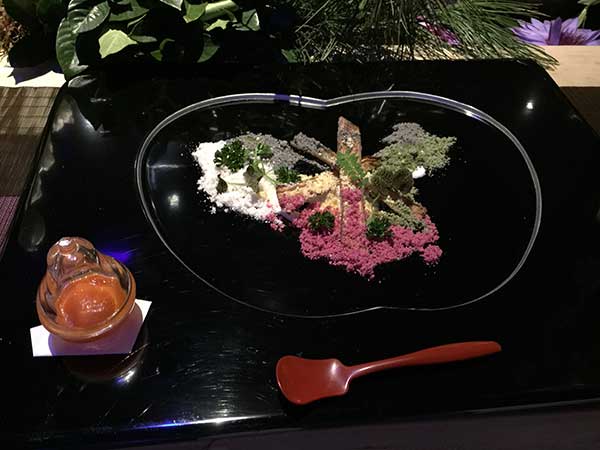
Thanks for your links. Searched thru. some of mine printouts and found this https://www.chinahighlights.com/travelguide/culture/ a website when I encounter something interesting in cdramas.
China Highlights is a very good website and a reputable company indeed. I might even use their resources to travel to some places that remain on my to-go-to wishlist, although I have visited a great many, and some that they would not know, since I lived in the country for many years :-) I even guided some tailor-made tours for people who wanted to see things that were not on the ordinary guided tours and who wanted to better understand the present day culture ! Modern China has gone through as many changes as the landmarks which can have been modified as quickly as computer generation chips, the most spectacular changes being of course the mushrooming skyscrapers modifying skylines, ancient cities that had to be relocated (rebuilt sometimes on higher ground like parts of Fengdu, or salvaged as a new island for Baidicheng, almost like the Abu Simbel Nile temples! ) etc.
Of course the description of that period on this China Highlights site ("Since the founding of the People's Republic of China in 1949, China has entered a Communist era of stability, with the Reform and Opening Up policy of 1978 bringing in China's phenomenal economic growth.") remains non-committal, since commenting on the successive periods of Máo, Dèng, Jiāng Zémín, Hú Jǐntāo, and now Xí Jìnpíng can be fraught with polarizing views.
DAOISM IN CHINABut I agree with the conclusion on the page about religions and TAOISM (also spelled DAOISM, so I'll use both spellings indifferently), that "folk religion and Taoist philosophy was repressed during the 1950s and 1960s and especially during the Cultural Revolution. [...] The old ideas conflicted with Marxism. Now, people publicly and fearlessly practice folk religion such as fortune telling at temples and paying homage at ancestral tombs. Tai Chi (tàijí) and Qigong (qìgōng) are very popular. In Hong Kong and Taiwan, there are large and well organized Taoist temples. Daoism is also a common religion among Chinese populations in other countries such as Indonesia and Singapore. It is a small religion in Korea." Daoism has greater relevance to TCM and Hòulàng (English title : GenZ) drama than Buddhism. The page on the China Highlight site is quite on point when it states that : "The Western materialist way of thinking and Western atheism has colored modern Daoism in China. According to the philosophy of dialectical materialism that has been taught in China, reality is knowable through physical sensory experience and experimentation. Science is factual. Humans know what is real through scientific exploration and testing. If something is not scientific, this means that it is superstition and confusion (迷信 mí xìn). In modern China, most people seem to think according to both Daoist and atheistic materialist philosophy. Some people may try to scientifically explain some Daoist concepts like Chi (Qì 气) or Yīn (阴) and Yáng (阳), life after death, or immortality." | ||
I was a bit surprised that the site dismissed Lǎozǐ 老子 as perhaps non existent whereas others squarely place him as "a semi-legendary scholar and philosopher who lived around the year 500 BCE, contemporaneously with the Buddha in India and just before the historical life of Confucius.". But indeed, since 1978, this non existence is the majority scientific opinion based on archaeology, despite admitting that the texts and origins of the possible tale are and might forever remain mysterious. Another page quickly tells Lǎozǐ 's lore like this : "Lǎozǐ (Lao Tzu) is alleged to have lived at some time between the years 600 and 400 BCE in what is now Hénán Province in central China. Lǎozǐ is not actually his name but an honorific title that is usually translated as "Old Master." His real name was Lǐ ěr, but he is always referred to by his title. He was appointed the archivist of the royal court of the Zhōu Dynasty, which gave him access to many different spiritual and philosophical works. Over time, Lǎozǐ gained a reputation as a very wise scholar. It is said that Confucius sought his counsel when he was a young man. Over time, Lǎozǐ began to become wary of the corruption and moral decay he saw around him. At the age of 80, he decided to leave the boundaries of China and live in the western deserts as a hermit. A border guard named Yǐnxǐ recognized Lǎozǐ as he was trying to leave China. Yǐnxǐ begged Lǎozǐ to write down all of his knowledge before leaving the country, to be used as a handbook for the country's rulers. Lǎozǐ agreed, and wrote the Tao Te Ching (Dàodéjīng 道德经), the foundational sacred text of Taoism, or Daoism, overnight. The next day, he gave the manuscript to Yǐnxǐ and rode west on the back of a water buffalo, never to be seen again. " Anyway, the text that is attributed to him (Dào Dé Jīng) also inspired a number of well-known disciples who founded sects that made the thinking gain the status of a religion. | ||
There is a Chinese Taoist Association (CTA) which speaks for the various taoist sects. The Taoist priests and monks robes are more colorful and varied than the Buddhist saffron colored robes. They also wear different headwear (mostly to keep in order their long hair, because Taoists don't shave their heads, contrary to Buddhist monks). The Wǔdāng Taoists tàijí quán (martial arts) practitioners usually wear black or white clothes, white covering on lower legs and characteristic black shoes that lace up on lower leg. They are not sworn to celibacy and can marry, have children.
This temple is the seat of the Chinese Taoist Association (CTA ; 中国道教协会), "Founded in April 1957, [it] is the official government supervisory organ of Taoism" in the PRC . It is overseen by a department of the Communist Party of China (CPC) since the State Administration for Religious Affairs' absorption in the United Front Work Department in 2018. "The central government of China has supported and encouraged the Association, along with other official religious groups, in promoting the "harmonious society" initiative of CPC General Secretary Hú Jǐntāo" (info from Wikipedia). In theory, Taoist practitioners are registered. Nevertheless, many will indeed not often admit to following a Daoist religion or a shamanist one, for that matter, but will perhaps admit to subscribing privately to some aspects of Daoist philosophy. And they will unashamedly worship the Kitchen God and other lesser deities without presenting themselves as folk religion devotees, they might also use amulets of various kinds, and Daoist magic beads bracelets wound around their wrists, or other signs like the yīn-yáng symbol.  | ||
Living Daoism, Qìgōng and Martial arts
A very important place for living Daoism : Wǔdāng shān, in Húběi province is one of the "four sacred mountains of Daosim" (the others are Lónghǔ shān in Jiāngxī near Nánchāng; Qíyún shān in Ānhuī, and Qīngchéng shān in Sìchuān near Chéngdū). Wǔdāng shān, 武当山 was one of my favorite go-to places, for qìgōng, tàijí and Daoist meditation (although I couldn't be an adept of the historic Shàngqīng school except in dreams, where I'd roam the high mountain passes, deserts and ancient cities, rivers and lakes jiānghú and wǔxiá style, lol). Wǔdāng shān is in a relatively well preserved geopark area, with martial arts schools and monasteries that are quite interesting, although less famed and commercial than Buddhist Shàolín. Visitors must just quickly go through the ubiquitous commercial areas at the foot of the mountain, like near every famous Chinese landmark. Bāguà zhǎng 八卦掌 (literally "eight trigram palm", is one of the three main martial arts from Wǔdāng school (the other two being Tàijí 太極 and Xíng yì quán 形意拳). It is more broadly grouped as an internal practice (or nèijiā quán 內家拳), and it refers to the Bāguà "trigrams" of the Yì jīng 易經. (*)
Below, illustration of the Bāguà zhǎng and the associated trigrams. | ||
BOOK OF CHANGES, TRIGRAMS AND HEXAGRAMSThe China Highlights website mentions the two great Daoist "scriptures" (the Dào Dé Jīng 道德經 and Zhuāngzǐ 莊子). these are two great and mysterious texts. I'd also mention the Yì Jīng 易經 (Book of Changes). This book is speculated as predating and inspiring the Dào Dé Jīng (text), which has been much discussed and translated (most recently in 2023 by Ken Liu in a delightful 206' Audible audiobook) . The Confucians also valued this Yì Jīng Daoist magical book, which contains 64 pairwise permutations of trigrams (*), referred to as "hexagrams", along with commentary on each one in the Yì Jīng text . These hexagrams are often used for divination for instance by tossing coins (there is an easy method) I've dabbled with such myself, with varying results: not ready to set up shop yet as astrologer and fortune teller, lol. .. Thinking of the way Toutou persuaded the mom of the sick child both to reassure her and to help cure that child: yes, indeed, "“If you believe something, it is real.” Along with this is the idea that reality isn’t really and there is really no Truth." so lies are not damning, as long as they stay within the path of the "three treasures" which are: Humility, Compassion, and Frugality. Likewise, Ep. 18 - the Master : "How much help can we provide to patients? ... If we have faith [in ourselves, and/or progress] everything should turn out fine." This is a very Daoist way of thinking.
Above : This is the hexagram and its interpretations from the Book of Changes, that Mrs Dǒng referred to in her conversation with Rebecca in Episode 22. |
That should be enough for an overview of Taoist beliefs and practices ;-) They seem to inspire behaviors of the TCM family core protagonists in Hòulàng; Tóutóu is the modern unbeliever who gets roundabout knowledge from the teachings, starting with the definition of yáng (sunny side) and yīn (side staying in the dark) like the sides of a hand stretched out flat to welcome or receive a gift.
POETRY QUOTES IN THE DRAMAEp39. This drama was so full of lovely things. I also appreciated the snippets of classical Chinese literature that were woven into the dialogues. Among those, the lines from poems. Everyone in China or interested in Chinese culture knows a small or large selection of those, often inspired by the moon, that is so important in the cosmology and seasons following each others like waves, growing bigger and stronger through the force of attraction from the heavenly body, while everything falls in order and yearning finds its paths to completion.
望月懷遠 (張九齡) Wàngyuè huáiyuǎn (Zhāng Jiǔ Líng) Far from your embrace, in the full moon This is my humble understanding of the lines; here is another:
(Ying Sun is a Taiwanese guitarist who translated 24 poems to be set to music as a suite of 24 classical-guitar pieces titled the Grand Music of Táng, on music composed by Ssu Yu Huang and commissioned by classical guitarist Kazuhito Yamashita. This modern music can be listened to on this link to a live concert recording of 2000. The material "can be used for educational or noncommercial purposes with a reference to this website" : I recommend reading the 24 poems which are grouped in 4 categories : Nature ; Wine and Friendship ; Music ; Mood. They are part of a 50+ selection from the finest Táng poets, and are a nice introduction to the feel of classical Tang poetry)
About the poet : In the 21st year of Emperor Xuánzōng 唐玄宗 of Táng Dynasty (733 AD), Zhāng Jiǔlíng 张九龄 served as prime minister. After being slandered by the traitor Lǐ Línfǔ 李林甫, he was demoted and sent away to serve as Governor of Jīng in the 24th year of Kāiyuán (736). The poem "Wàngyuè huáiyuǎn" is believed to have been written after this event. According to the "Old Táng Book" records, after Zhāng Jiǔlíng was ousted from court, Xuánzōng still remembered Zhāng Jiǔlíng as an upright and generous prime minister. Whenever a minister recommended talents to him, Xuánzōng would ask: "How is this person better than Zhāng Jiǔlíng ?" Since Zhāng Jiǔlíng was originally from Qūjiāng, Emperor Xuánzōng's question quickly was known as the idiom "Qūjiāng Demeanor", used to describe Zhāng Jiǔlíng's profound, upright and selfless character. |
MORE TANG POETRYTáng poetry can be very modern too: read the Pipa Tune poem (Pípá xíng 琵琶行) by Bái Jūyì 白居易 and listen to these musical interpretations by Qí Rán 奇然, and Chén Jìrén 沈谧仁, Leo Luó Yúnxī 罗云熙, and Allen Rèn Jiālún 任嘉伦 : * https://www.youtube.com/watch?v=XFcKbChgRsg (Pinyin + translation on screen, Qí Rán 奇然 and Chinese opera singer Chén Jìrén 沈谧仁 ) * https://www.youtube.com/watch?v=BJWZVoAd750 (Luó Yúnxī on stage with Chinese opera artist Tián Miáomiáo 田苗苗, gǔqín player Bái Wúxiá 白无瑕) * https://www.youtube.com/watch?v=-HJYUrL6wU4 (Allen Rèn Jiālún with famous pípá player Fāng Jǐnlóng 方锦龙 in 2018) * https://www.youtube.com/watch?v=HTjkZPEPZ5Q (Allen Rèn Jiālún, new version, 2022 for Húnán TV) |
Recent Discussions
-
௹✓UK Temu Promo code200 off{acr801841}] for First-Time User39 seconds ago - byy12
-
Vertical Short Drama21 minutes ago - autumn iris
-
Vertical drama leads - Please help a new fan47 minutes ago - nudramafan
-
Historical Dramas Club1 hour ago - VelvetLady852
-
Role Reversal (RR) Drama Lovers Club1 hour ago - didichan
-
BL Drama Lovers Club1 hour ago - dora
-
"The Unclouded Soul" collection2 hours ago - Mizuhira-san
Hottest Discussions
-
Role Reversal (RR) Drama Lovers Club1 hour ago
-
***Count to 100,000***10 hours ago
-
MDL's 2026 Challenge FAQ and Discussion6 hours ago
-
10 dramas/movies with ____? #446 minutes ago
-
Add Vietnam to the Database next19 hours ago



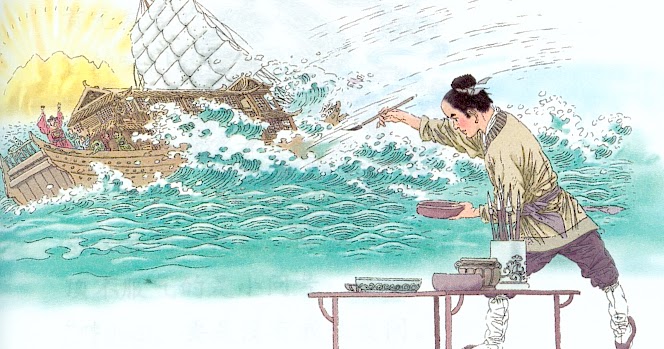

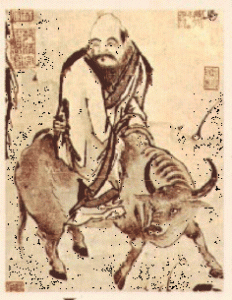
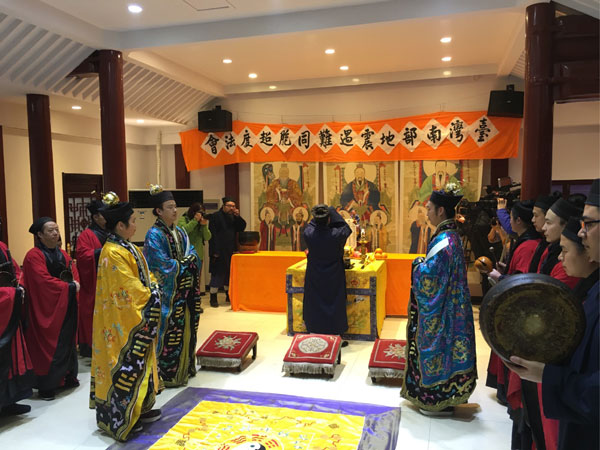
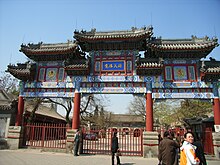
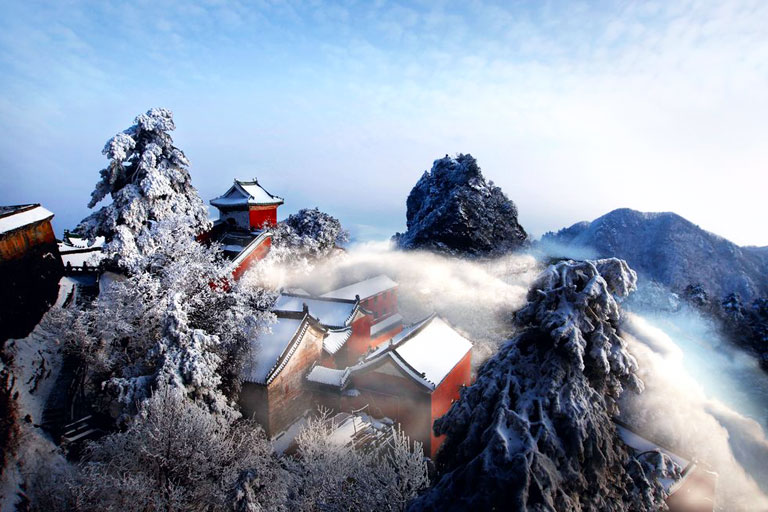
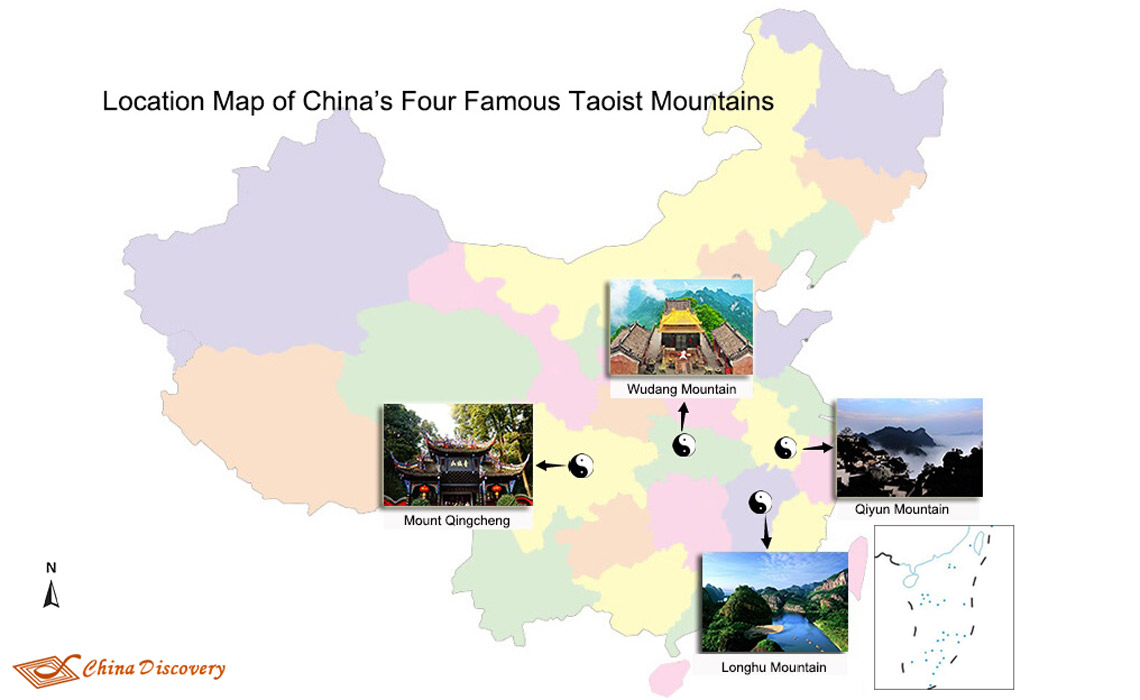

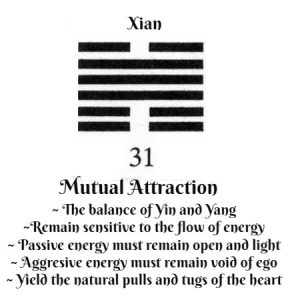

 it is rather cute isn't it?
it is rather cute isn't it? 

